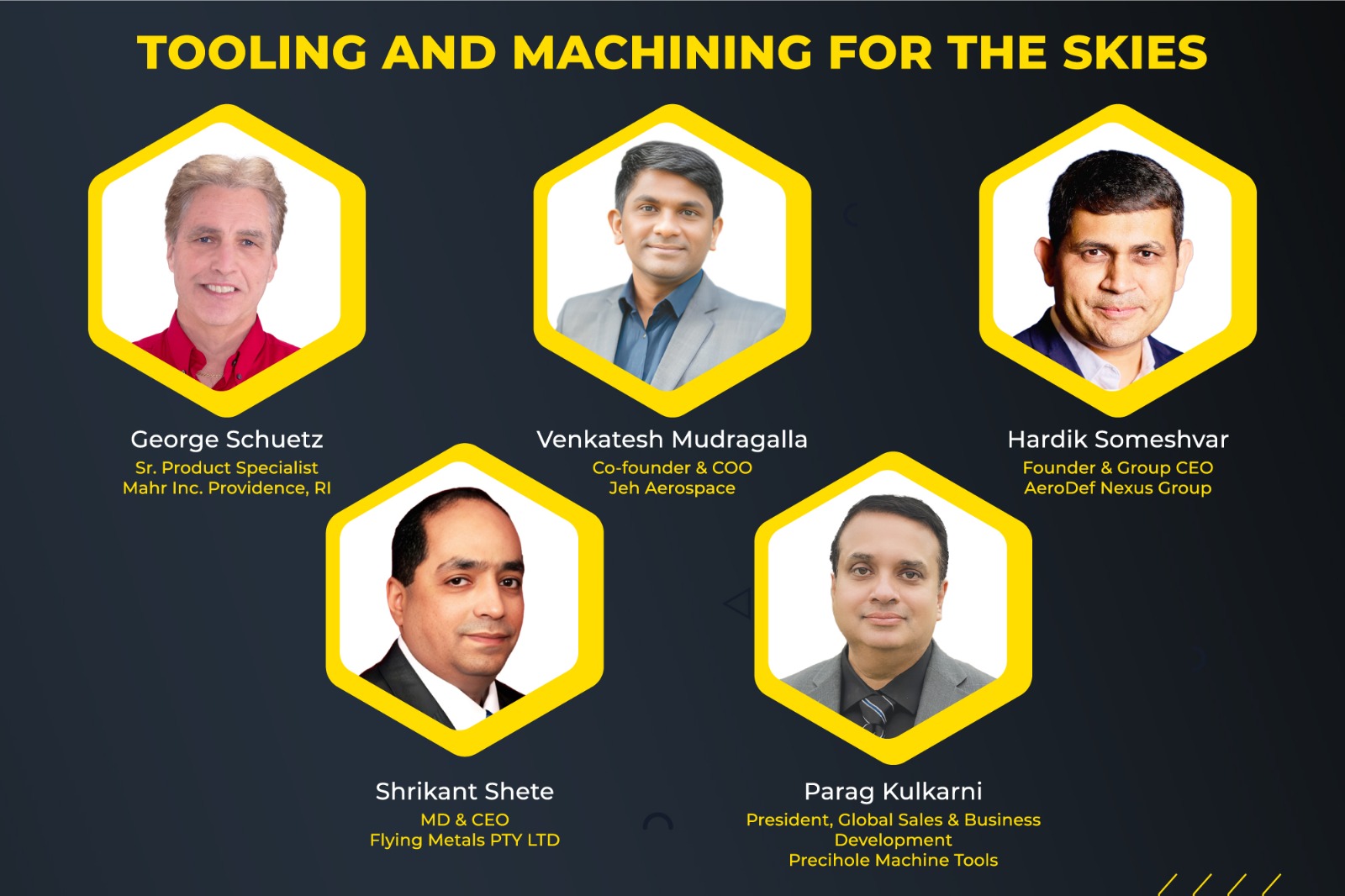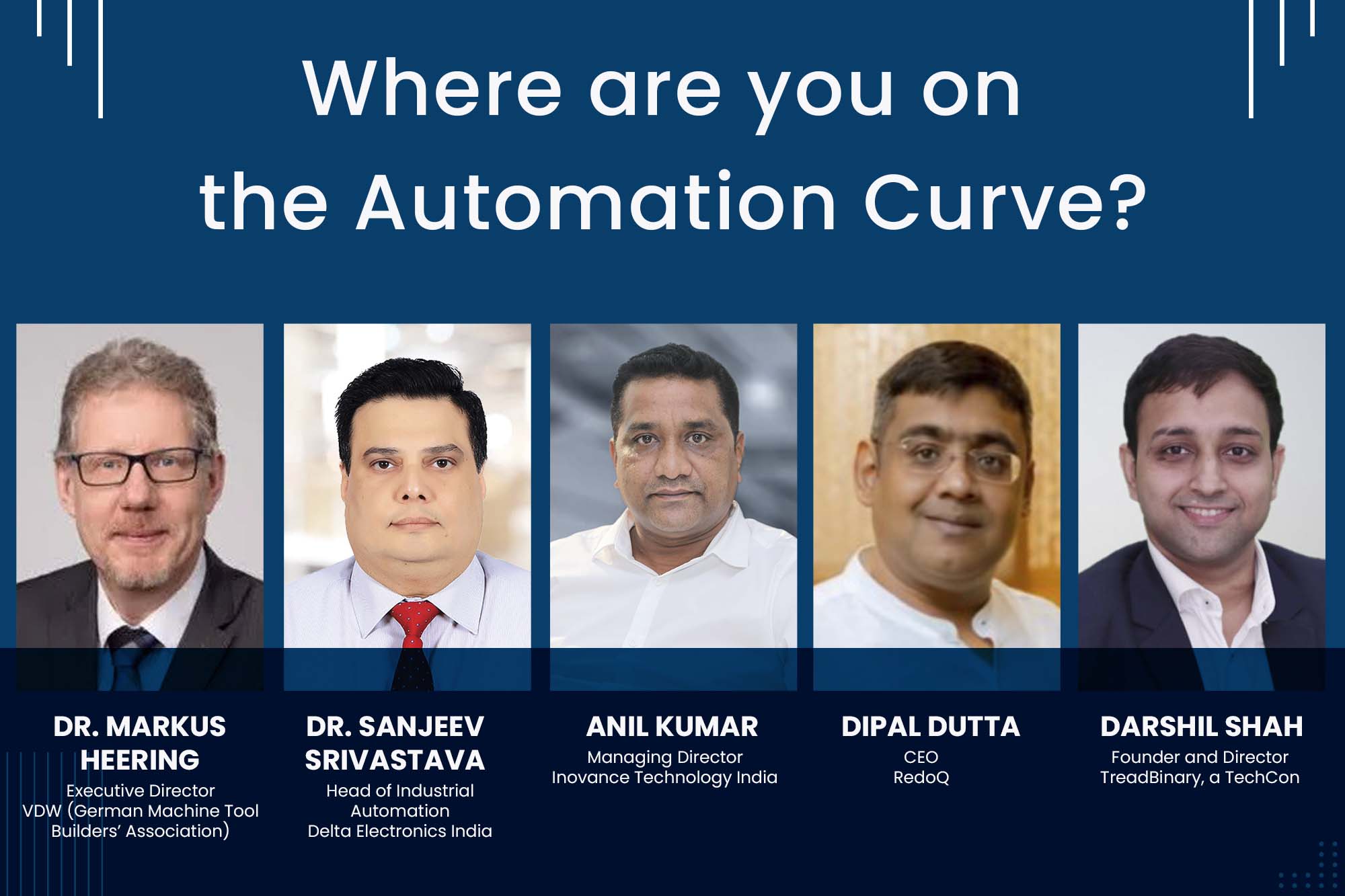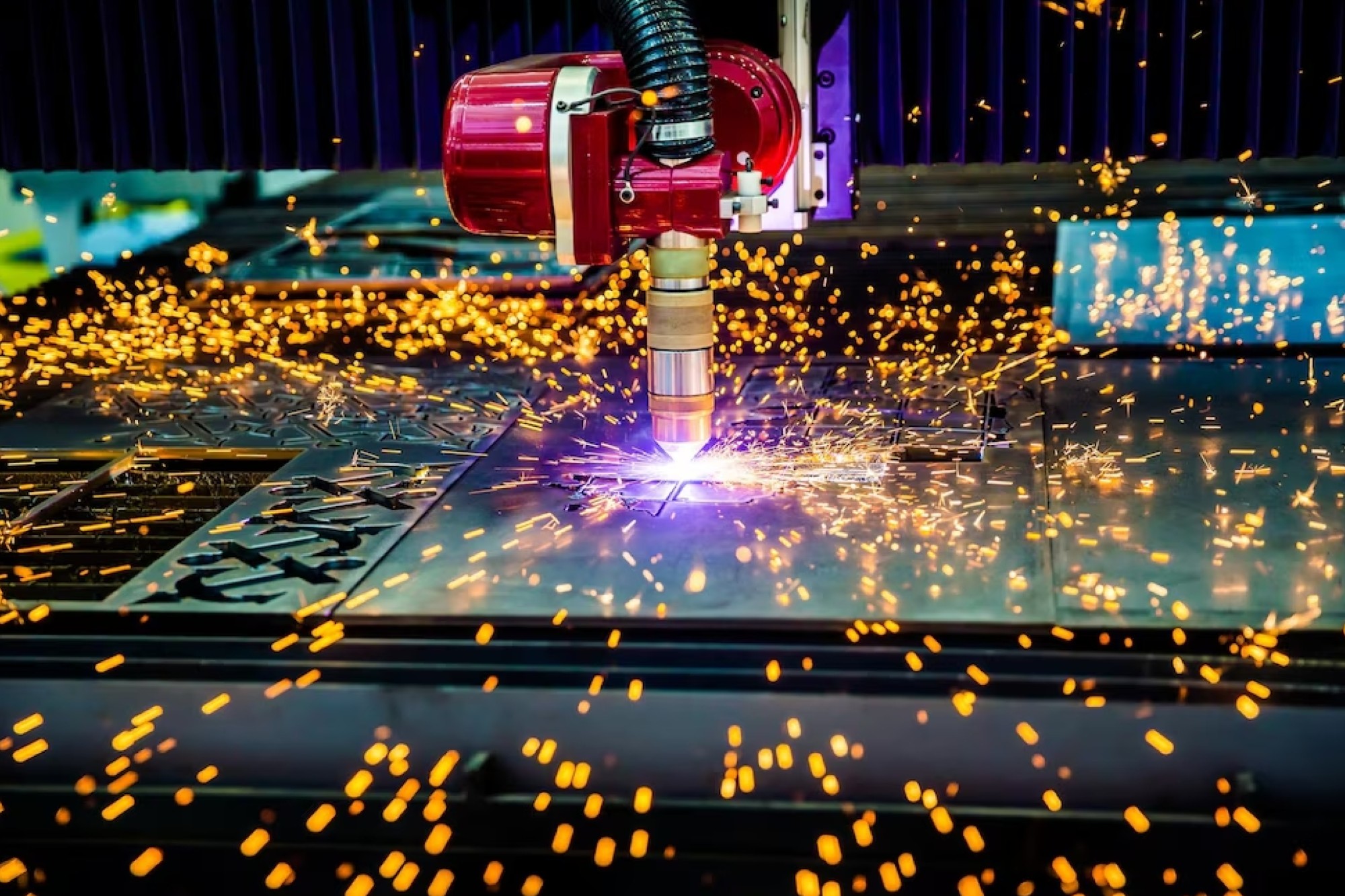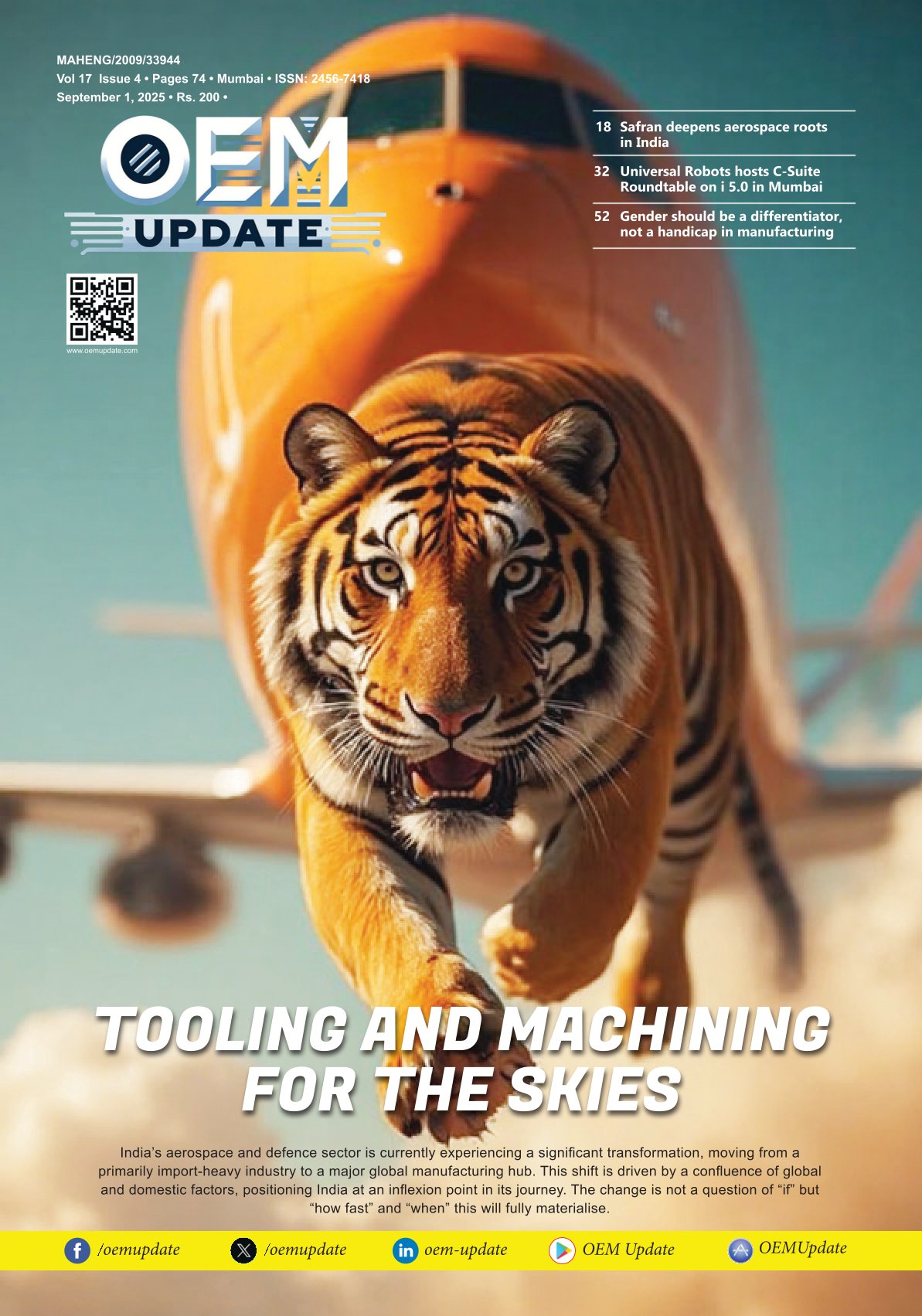Aerospace & Defence: How MSMEs can build a sustainable business
By OEM Update Editorial September 2, 2022 4:47 pm IST
Indian aerospace manufacturing is embracing emerging opportunities. The technological advancements, increasing demand for components, and self-reliance in the defence sector and aerospace engineering stand to tackle future sustainability shared by industry experts.
Innovation is the key to any industry that is rapidly changing. The aviation industry is booming in India, and its emerging defence manufacturing hub worldwide. India is among the top 5 military spenders. Its defence manufacturing industry is poised for growth with the increasing security threats with growing demand for defence equipment. Further, to enhance manufacturing capacity, two Defence Industrial Corridors in Uttar Pradesh and Tamil Nadu are being set up in India. The Defence Ministry has set a target of 70 percent self-reliance in weapons by 2027. This will create enormous prospects for industry players in aerospace and defence manufacturing.
With improving infrastructure, India’s Aerospace and Defence market is estimated to reach around $70 billion by 2030. IATA forecasts that global passenger numbers will double by 2036, rising to 7.8 billion annually. There is strong growth in commercial air transport for India. Evolving technologies and smart new materials will bring further opportunities and manufacturing challenges.
The combined efforts of the government and private players will propagate self-reliance in defence. This will generate employment opportunities and spur the growth of private domestic manufacturers, MSMEs and Startups. Indian aerospace manufacturing is embracing emerging opportunities. The technological advancements, increasing demand for drones, self-reliance in the defence sector and aerospace engineering stand to tackle future sustainability.
The Indian government has provided many initiatives to the aerospace industry to prepare for the growing demand for drones, Passenger traffic for MSMEs. The government is optimistic and attempting to create an ecosystem. The policy framework is the first thing the government has done, says Mr. Indradev Babu- Past President, IMTMA and Founder and Managing Director of UCAM Pvt. Ltd. He sees ample opportunity for participants, whether manufacturing companies or OEMs, to benefit from it and encash the opportunities. However, the policy framework is designed to develop the ecosystem in tandem with it. This is the government’s first action. However, to encourage MSMEs, the government has created the PLI scheme; resultantly, much of the activity is visible in many, like drone manufacturing.
The schemes provide a smaller amount of assistance, but this opportunity to enlarge development is still significant. The government has dramatically simplified the regulations with these two issues. Previously, obtaining a slew of licenses and so on was obligatory. But now, things have changed, and only a few certifications are now required. There is a lot to be said about the government’s support for MSMEs, which is extensive. The initiative is available to MSMEs entering the aerospace sector. The MSME sector can enjoy several benefits that the government has floated to help the MSME to sustain and grow.
Training and skill development are critical.
Speaking on the scope of local talent training for manufacturing opportunities in the aviation sector, Mr. Indradev expresses that it is a new sector. However, resources are available, but skill training material has to be reasoned out for MSMEs. And more and more skill development agencies are needed. This is a challenge in all areas because the demand for skills exceeds the supply. There is an entrepreneurial opportunity regarding skill development, which should be leveraged in all manufacturing spaces, not just aerospace. The ecosystem is required for the industry to move, and it helps employment, growth, and development. More training needs to be taught to meet the rising demands – now and in the future.
Pertinently, training is the most critical component. Every company must invest in employee training to keep their knowledge up to date, says Mr. Uday Dixit, Product Sales Manager – Optical – IQS, Carl Zeiss India (Bangalore) Pvt. Ltd. There is wide range of courses available in inspection and measurement today to support MSMEs. The course includes machine quality control, ranging from basic to advanced. Many institutes have such skill courses. Numerous options are available, and many courses are available with centres across India. Sensing the huge scope of learning has; Mr. Rizwan Khan Sales Manager-India, SupplyPoint Systems, asserts his opinion that learning has to be for a lifetime. Continual learning for the systems, clients and fresh graduates inclined to the manufacturing segment must help the young generation move forward.
Smart training means smart business. Voicing a similar opinion in line with Mr. Indradev regarding education and training for the MSME sector, Mr. Alagappan-Technical Director, Ripple Aeronautics Private Ltd., said, training is essential, but the skill level is relatively low. Because of MSME economic constraints, they do not put more effort into training people. India has grown in acquiring talents with many high personal skills. However, talent gets scarce at times when people gradually venture out to other areas of businesses in search of new jobs and skills. Consequently, any MSME industry should provide skilled training for growth opportunities through continual training chapters and education, especially in the aerospace industry. With increasing, digitalisation and automation in almost all manufacturing industries can also resolve emerging challenges in the supply chain.
The IoT and digital technologies solutions to assist inventory and supply chain management may provide a cutting edge for shop floor management in Indian aerospace and defence manufacturing. To meet the current supply chain challenges, the most crucial task is to establish a link between the customer, supplier, and the team inside the factory, says Mr. Rizwan . The evolving point is to go completely paperless. ‘Going about digital’ implies it’s all about having a workflow, from consumption to ordering a new item, with a dashboard for the team sitting in their cabins. Like many industries, the same is true for the aerospace and defence industries. For example, it is possible if we are manufacturing an aerospace component and need data for the next 2025 years. So, by going digital and into the system, data backups are stored for years and can be retrieved at any time, based on the batch number, job number, or component specification. Going digital means assisting medium and small-scale industries in commanding better and more organised control over the supply chain.
IoT is vital to have very close control of your production process, adds Mr. Uday. AI digital technologies and simulated data help secure components, maintenance and inspections. Collecting and monitoring digital data at every stage of the manufacturing process is critical. That helps to reduce waste as much as possible and avoids producing faulty parts. Many solutions available on the market today can be upgraded from a single system to multiple systems, multiple plans, and multiple global locations.
For serially producing a part continuously, a tolerance limit is set out. That helps in securing corrective action before something goes wrong. So, having a solid IoT system in place saves a lot of money and effort. It also contributes to customers’ trust, gaining awareness that the entire process is being monitored. Moreover, there are numerous options available. IoT ultimately plays a very crucial role in the scheme of things. To create any aeronautical business, quality is the main thing; it has to be 100 percent, says G.Alagappan. Finally, upgrading systems with IoT and traceability leads to sustainability.
Innovative materials to improve the airplane wings’ efficiency
Graphene and carbon nanotubes are some of the latest materials used in aerospace manufacturing technology to improve the efficiency of aeroplane wings. Graphene is being used a lot in the industry by looking into the development and the changes happening in the aerospace segment. It is helping the industry to make aircraft bodies. And this area needs more focus to look into. In terms of materials, the world is continuously racing. The aerospace industry is demanding materials that need to be light and robust. It needs to resist plane temperature. Also, it needs to withstand fatigue.
Elaborating further, Mr. Indradev suggests that the world is engaged in innovating on new materials. But as such, a lot of work in this area requires research to adapt to new materials. However, observing the shift from material to process, which is allied to materials, 3D printing significantly impacts aerospace. What couldn’t be initially machined or manufactured is now possible through this aspect, even though it’s more expensive. It solves a lot of problems and complexities. Aligning to it, Mr. Uday expands that additive manufacturing is picking up.
The country needs to catch up on materials because most aerospace materials are being imported. Hence, a lot has to be done in terms of developing materials, as drone components are crucial, particularly in changing paradigms of the aerospace sector. Very standardised processes are available. There are a design parameter, an optimised parameter, and optional results. Many technologies are available for detailed analysis, experimentation, and innovation of new materials and processes for localised manufacturing. Given the incentives and government initiatives, MSMEs will benefit in the long run. They need to be educated. They must understand that besides having an economical attitude, embedding and adopting new technologies is essential to thrive and sustain in the aerospace and defence industry. To conclude, the aviation sector is growing leaps and bounds, changing with the needs of the time. It signifies its intent to be self-reliant and lead the way globally.
Cookie Consent
We use cookies to personalize your experience. By continuing to visit this website you agree to our Terms & Conditions, Privacy Policy and Cookie Policy.
















